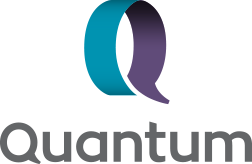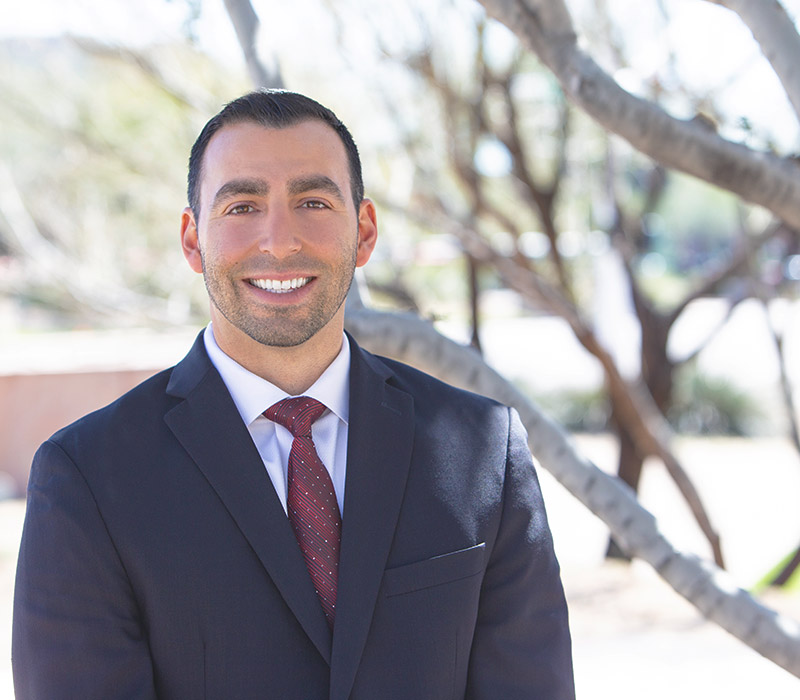Are your clients’ wealth transfer plans in order?
For Average Earners
For the average American, non-spousal traditional (non-Roth) inherited retirement plans like 401(k)s and IRAs may be the biggest problem right now when it comes to excess wealth transfer taxation due to the SECURE Act of 2019 which did away with the stretch IRA for non-spouses.
Previously, tax law allowed traditional IRA, 401(k) and similar retirement account owners to name their children and/or grandchildren as beneficiaries with tax advantages—the beneficiaries had to take annual RMDs, but the RMDs were based on their life expectancies while the accounts could still stay in place and grow tax-deferred.
Not any longer. Now non-spousal beneficiaries must draw down the entire account within 10 years of inheriting it, possibly throwing them into a much higher income tax bracket in the tax years in which they withdraw money. And the IRS, previously unclear about whether annual RMDs would still be required along with emptying the account, have now decided that annual RMDs will be required.
According to the Congressional Research Service, the change to the Stretch IRA strategy by the SECURE Act of 2019 could generate $15.7 billion in tax revenue over the next 10 years.
Your clients need help—be sure to consider tax-advantaged insurance strategies. Call Quantum to discuss your client’s specific situation and we can brainstorm ideas.
For High-Net-Worth Clients
For the high-net-worth client, the estate tax exclusion of $12.92 million per person that is set to drop back down to half that amount in 2025 may be the most worrisome.
Barring a change in tax law, the current high estate tax thresholds are only temporary. Under the Tax Cuts and Jobs Act of 2017, the increase in the exemption will sunset after 2025, sending the estate and gift tax exclusion back to its pre-2017 level of $5 million adjusted for inflation. (Estimates for the 2026 tax year vary, but it is expected the amount may be $6.8 million per person.)
Recently, ThinkAdvisor published an article about what advisors can do for their high-net worth clients: https://www.thinkadvisor.com/2022/12/07/the-estate-and-gift-tax-exclusion-shrinks-in-2026-whats-an-advisor-to-do/
Ideas include irrevocable life insurance trusts, gifts to charities or donor-advised funds, the creation of charitable trusts and more.
In conjunction with your client’s CPA and estate attorney, our Advanced Planning team at Quantum can help you with advanced tax planning strategies for HNW clients. Call us at 800.440.1088.
A 15-year industry veteran, Marc supports several of the nation’s leading wealth advisors and RIAs. He is a top 10 consultant nationwide and has been a top marketer since 2006, providing advisors with verified, time-tested strategies that are derived from his longevity in the business.





















